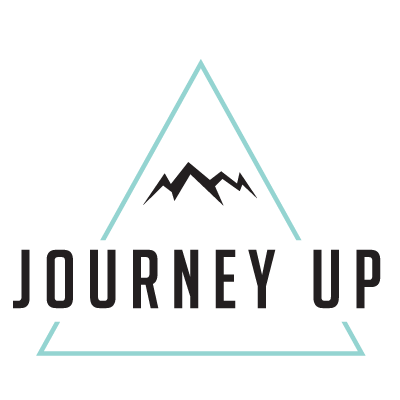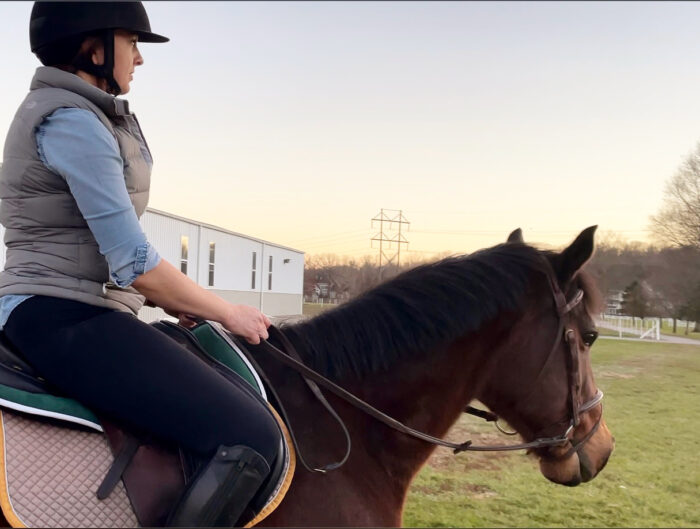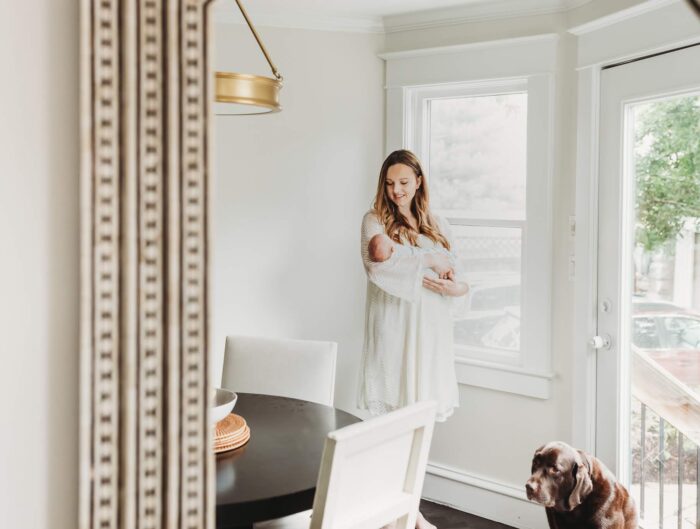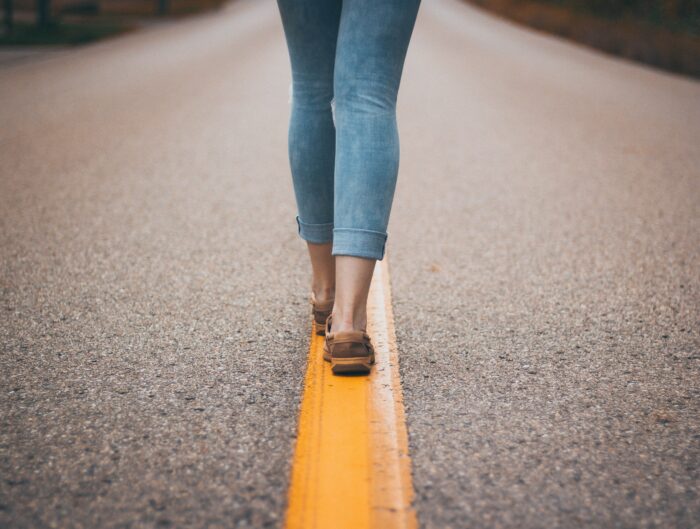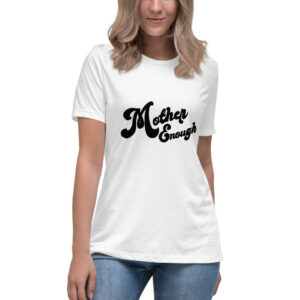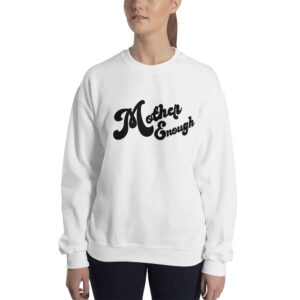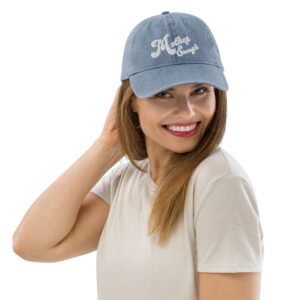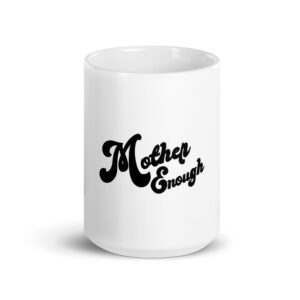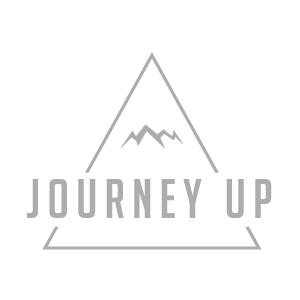It’s a new year and I am here, finding my way back to this exercise in processing my experiences, allowing emotional energy to flow, tapping it out on a MacBook, unmanicured hands dancing in the relief of unburdening. Writing is how I relate to the world and come to an understanding of my place in it. I find it difficult to think of things to say but I can almost always find words to write about it. Even the most casual social encounters can be exceptionally challenging in this way, especially lately. I simply lose my words. What perplexed me in the last two years is how I turned away from writing in a time I needed it most, when we needed our stories to be told, needed to see ourselves in other peoples’ experiences and forge a connection through language. Because we have been oh-so disconnected in physical proximity. The following paragraphs are an unpacking of sorts. I’m writing now, I suppose, to account for the words I lost, why I lost them, and the gifts I found in the process.
Things have changed a lot, is my explanation in a few words (though I assure you there are many more words after these). I have two children now; neither are babies anymore. All of this seemed to have happened overnight. Time is weird. My youngest smashed his first birthday cake during lockdown, and suddenly we’re doing admissions forms for preschool. Their burgeoning lives flew by under the pressing needs of my family, my home, my budding therapy practice, my relationships. Mostly but not always in that order.
The COVID-19 pandemic shrank our world, widened the breadth of uncertainty, and forced a mode of survival that has persisted for so long, I catch myself thinking things are normal and this is normal and everything is fine. It could be worse, I think, then the emptiness left behind what the world has lost takes my breath away. Our good luck to have not contracted the virus, our unearned privilege as white people with resources and a net (thank goodness for a net), our health. Our families. We’ve fared well in the suffering of these times. And it’s still been terrible. It’s been an era of counterintuition. Notice a pull toward a thing that is normally healthy and essential to your humanity and literally do the opposite thing to stay safe. Even as I write this, my stomach churns, I take a moment to sip my coffee and notice the dog’s warm body on my feet. I hate thinking about, talking about, worrying about, making plans then cancelling them about COVID-19. I have an urge to apologize to you for having to read another thing about it.
The same week the nightly news began reporting that the virus would quickly spread to all four corners of the country, I started work as a private practice therapist for mothers in an established group of similarly passionate social workers. We were (are) committed to guiding mothers and mothers-to-be through the shattering and reconstruction of self, a process intertwined with motherhood and child-rearing, I process I know first-hand. I saw my first client in a small, lamplit office that I had, just a week prior, tediously decorated and arranged just so because this was a new beginning, my work was a new life being born, and this space was supposed to be its nursery. We measured the distance between my chair and the clients. Barely six feet, the final metric necessary to begin the soul-shredding work of walking alongside other mothers through the greatest mental health crisis of our lifetimes. We sincerely purchased bottles of Windex because stores were out of Lysol. The following week, I closed my office. I bought masks and a ring light. I met with clients behind a laptop screen, in the refuge of my basement for several months. My kids often perched at the baby gate across the top of the basement stairs, my daughter pleading for another episode of Sophia the First, my son crying out to be nursed. The dog often sat with me through sessions, and I was glad. I was frightened and determined and happy and sad and had never been more committed to my work.
Nothing could have prepared me for the experience of holding space for clients who were similarly navigating the collective pain of mothering our children in a pandemic. The challenges I endured – mothering without my village, without a sense of safety or certainty, terrified – were echoed by the mothers who sat across from me. ‘This feels hard because it is hard,’ I’d hear myself say to her, but kind of to myself. Because it has been really, really hard.
I want to write something like, ‘This experience has made me a better therapist.’ It has, probably, but that’s not the real gift. This is. It’s absolutely gutted me, tossed my insides around a bit, and precariously stitched them back inside and said, “This is how you have to live now.” Like I’m healed up and functional again, but with a nagging pain along the scar and a much greater understanding of what is inside of me and how it’s the same as what’s inside of you and just how vulnerable and precious our lives are. This work has knocked me all the way down off the hill on top of which a pedestal stood and all that time before I thought I was supposed to be on it. I consider this one of many gifts I’ve received through this experience, because what a relief that my greatest work and deepest impact would be rolling down a steep hill laughing and crying and grasping at the hands of all the mothers rolling with me; not on a pedestal at all.
Before 2020, I practiced authenticity and exercised creativity through writing; in Instagram captions, in a handful of blog posts, and frequently in unshared Word files now buried somewhere in my hard drive. I shared pieces of my story, my feelings, insights and lessons learned. I shared some of this hoping other women might relate, might feel less alone, might have just a bit of permission to be openly imperfect too. Now, authenticity is an essential instrument I use inside my office suite, sitting in a cream-colored armchair, probably wearing a sweater, eye-to-eye with another mother. She is sitting on my blue loveseat, tired eyes, feet pressed into the floor, often an infant in a carrier at her feet. She is in the throes of perinatal depression, or anxiety, or post-traumatic stress, or grief because there is no baby at her feet after all. She is enduring the isolation, overwhelm and uncertainty of motherhood in a pandemic. I give her everything I’ve got to give in a single hour, every other Tuesday at half past noon.
In therapy, authentic self-disclosure is measured and deliberate, never about self, which makes this particular, application of authenticity quite different than creative writing. The client’s work is never to hold my stuff. I’m there to hold hers but to do so she must feel held. My regard unconditionally positive, conveying my caring and actually care. It’s authentic. I have to model what it is to be imperfect, and therefore human. It’s therapeutic. Posting my personal musings on mental pain and recovery in the forever museum of the internet is a potential self-disclosure to a web-surfing client that is decidedly non-therapeutic. I have been grappling with this, too.
My computer, these days, is purposed primarily for progress notes and emails and to display the results of a web search for “easy crock pot chicken kid friendly.” Emotional repertoire for non-essential efforts (i.e. beyond what is generously poured into my family and work) is sparse. I’m called to bend and make space for expression again. I am exploring how writing in this time that feels hard because it is hard – how to write as a mother, as a therapist to other mothers, as someone still just trying to fumble through my personal, professional and creative lives. But I have realized that I need this contemplative practice more than I need most things, certainly more than I need a redemptive glass (or three) of pinot noir or TikTok hypnosis or streaming television. Those things are a short, hurried vacation away from myself. This thing – writing — feels like coming home.
